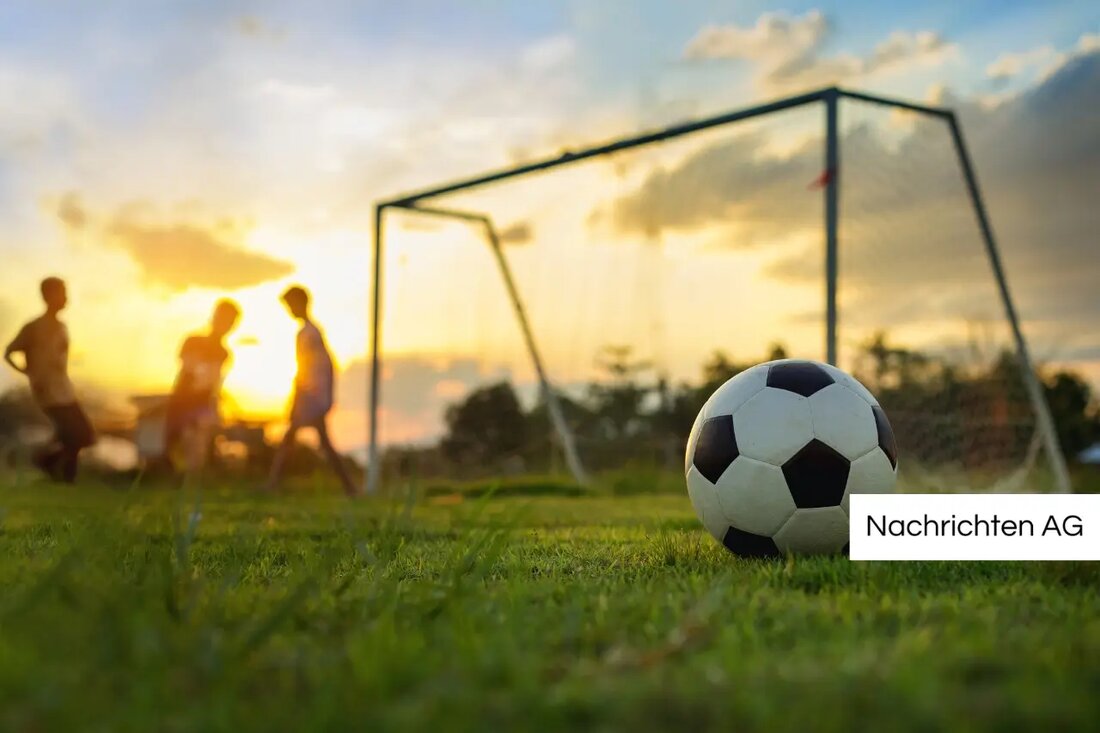Malberg falls in the risk of relegation: coach injured, Schweich cheers!
Malberg falls in the risk of relegation: coach injured, Schweich cheers!
In the last floodlight game of the season, VfB Wissen met SG Mülheim-Kärlich and had to be satisfied with a 2-2 draw. This result has a decisive influence on both the table and the morals of the players. Trainer Dirk Spornhauer said that the point win was important in a critical phase of the season. VfB struggled in the first half, while Mülheim punished two mistakes on the defensive and took the lead 2-0 by Tom Weis and Paul Platzek.
In the second half, Emre Bayram managed to score the connection goal in the 71st minute, which gave the team new boost. Shortly before the final whistle, Til Cordes managed to equalize in the 90th minute. Despite this late catch -up, VfB had trouble freeing itself in the first half of the game, which Spornhauer terminated as in need of improvement.
relegation battle and bad luck at Malberg
In the relegation battle, the players of FC Malberg suffered a bitter defeat against TuS Mosella Schweich with 1: 2. Three weeks before the end of the season, the gap to the opponent is now 19 points. Malberg's player coach Florian Hammel was seriously injured in the game and had to be taken to the hospital. In view of the game, sporting director Matthias Zeiler jumped in for the injured goalkeeper Hammel.
in the first half, Malberg was not involved, while Schweich took the lead through goals from Nico Schäfer and Jens Schneider 2-0 at halftime. The only ray of hope for Malberg was Jannik Weller, who scored the connecting goal in the 76th minute. In the final phase, however, the team could no longer achieve the balance despite several chances
psychosocial challenges in competitive sports
The violation of Florian Hammel is reminiscent of the complex problems in dealing with sports injuries, which are often banalized in competitive sports. A recent study shows that athletes often hide pain and delay communication about injuries as long as the competition is not affected. This trivialization of health risks means that many athletes continue to train or compete despite acute complaints.
A lack of clear decision -making processes in diagnostics and treatment can lead to early return to sporting activities. The study emphasizes the need to develop specific medical support networks for athletes and trainers in order to promote an informed and healthy approach to injuries.
| Details | |
|---|---|
| Quellen | |


Kommentare (0)